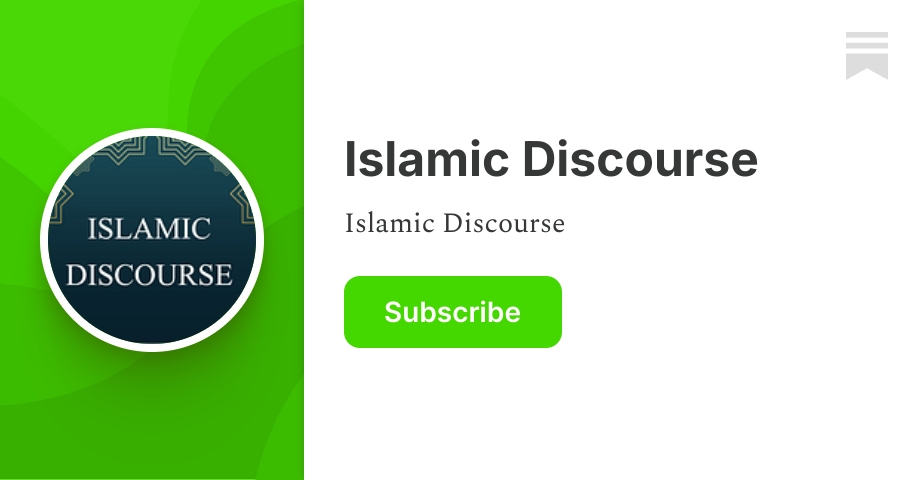Knowing Our Limits When We Defend Islamic Rulings
By Bassam ZawadiOne of the common mistakes we observe in modern da’wah is the failure of the da’ee to clarify to listeners and readers that some things should not be directly attributed to Allah and His Messenger.
“Why don’t you guys eat pork?”
“What is the point behind cutting the hand of the thief?”
“Why does Islam permit polygamy?”
etc.
Non-Muslims could poke holes in the many responses Muslims offer to such questions while believing that they are poking holes in what Islam itself says, rather than the exercised judgments of individual Muslims themselves.
It is encouraged that we offer rational defenses for the rulings of Islam; however, sometimes Islam is silent on the wisdom underlying a ruling or is silent on some of its wisdom. Do not give people the impression that Islam explicitly teaches something it never expressed an opinion about, especially to a non-Muslim who cannot distinguish between Islamic scriptures and scholarly ijtihad. One could remain a Muslim by rejecting the speculative Ijtihad of scholars, but he can never be one if he outright blatantly rejects a definitive teaching of Islam. Let us not mislead people into thinking that what is speculative is, in fact, definitive.

Knowing Our Limits When We Defend Islamic Rulings
One of the common mistakes we observe in modern da’wah is the failure of the da’ee to clarify to listeners and readers that some things should not be directly attributed to Allah and His Messenger.
